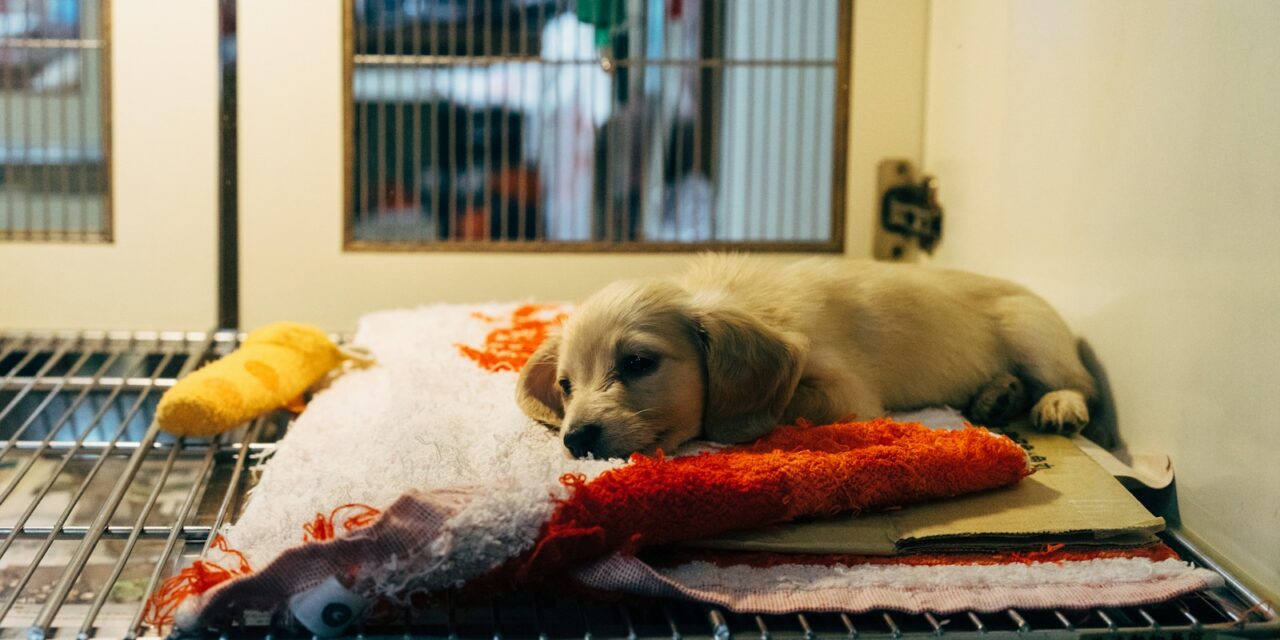According to a new market research report by Meticulous Research®, the veterinary API market is anticipated to grow at a compound annual growth rate (CAGR) of 7.7%, reaching $15.84 billion by 2031.
Veterinary active pharmaceutical ingredients (APIs) are essential in the production of veterinary drugs, which are crucial for maintaining animal health. The market’s growth is driven by several factors, including increased expenditure on animal healthcare globally, the rising prevalence of animal, foodborne, and zoonotic diseases, and the increasing global demand for animal-derived food products. Additionally, there is growing awareness regarding animal health in emerging markets, and the application of precision medicine in veterinary care is creating new growth opportunities.
Growing Awareness in Emerging Economies
Emerging economies are experiencing high demand for animal protein due to population growth and changing dietary habits, leading to increased livestock production and the need for proper animal health management. Governments and producers are also adopting better animal health practices, including the use of veterinary pharmaceuticals, to ensure the safety of food products.
The report profiles several key players in the veterinary API market, including Alivira Animal Health Limited (India), Excel Industries Ltd. (India), Suan Farma, S.A.U. (Spain), Chr. Olesen (Denmark), Qilu Pharmaceutical Co., Ltd. (China), FIS – Fabbrica Italiana Sintetici S.p.A. (Italy), Rochem International Inc. (U.S.), NGL Fine-Chem Ltd. (India), MENADIONA S.L (Spain), and Chempro Pharma Private Limited (India).
Market Segmentation
The global veterinary API market is segmented based on product type, synthesis type, animal type, and geography.
In terms of product type, the market includes parasiticides such as Albendazole, Clorsulon, Ivermectin, Moxidectin, Fipronil, and others. The vaccines segment is expected to grow at the fastest rate during the forecast period. Antibiotics such as penicillin, trimethoprim-sulfa, cephalexin, enrofloxacin, and others are also a significant part of the market. Anti-inflammatories, including carprofen, deracoxib, firocoxib, meloxicam, and others, play a crucial role. Other types include APIs like oxycodone, hydromorphone, pimobendane, levothyroxine, and more.
Based on synthesis type, the market is also divided into chemical APIs, biological APIs, and high potent APIs. The chemical APIs segment is expected to hold the largest market share in 2024 due to factors like control, precision, scale-up, cost efficiency, and consistency of the chemical API synthesis method. However, the biological APIs segment is anticipated to grow the fastest, driven by environmental concerns and the need for specific drugs for particular diseases and species.
Geographically, North America is expected to dominate the veterinary API market in 2024, followed by Europe and Asia-Pacific. Factors contributing to North America’s dominance include well-established agriculture and animal husbandry practices, high awareness of animal health, significant production and export of animal-derived food products, and a large pet population base.







